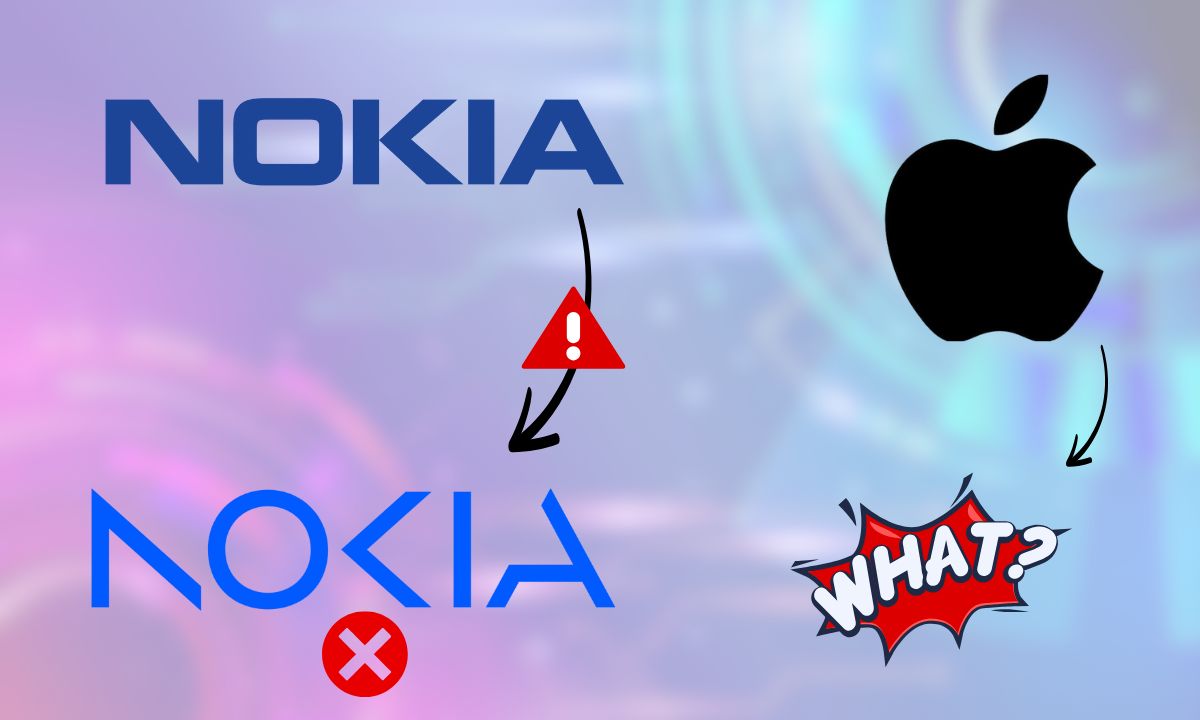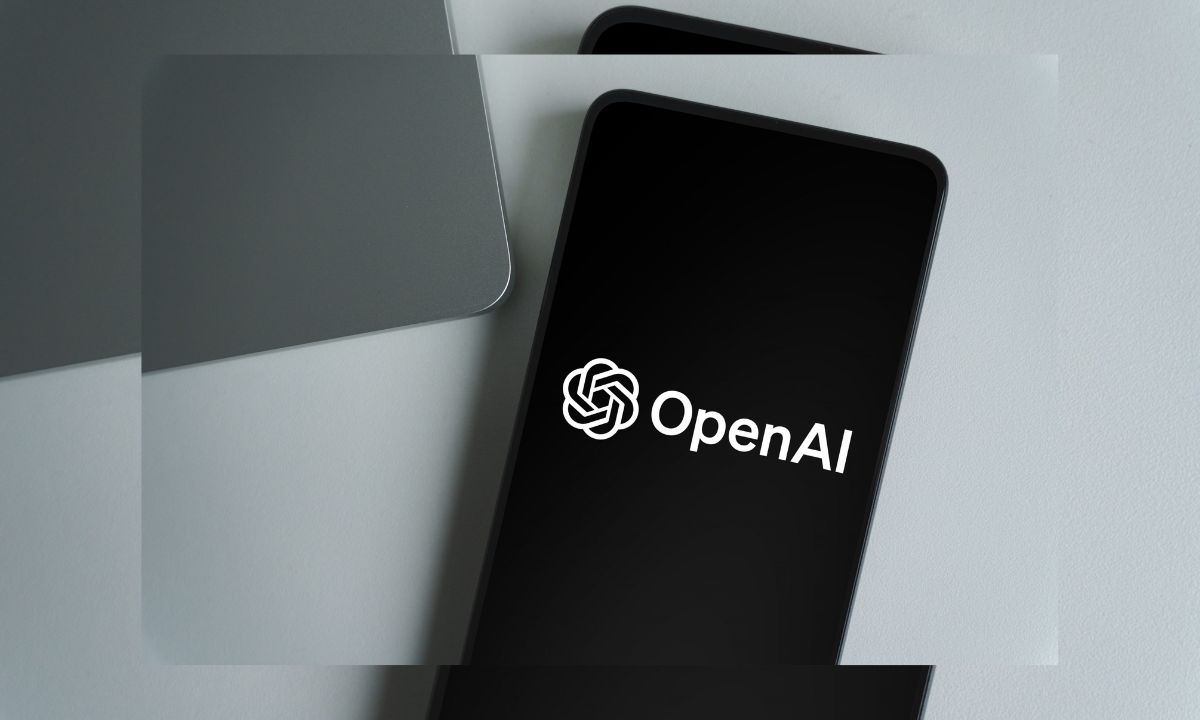This question is currently a hot topic in the global tech world. One of the main reasons behind this discussion is the rise of artificial intelligence (AI).
There was a time when Nokia dominated the global mobile phone market. Whether it was a James Bond film or an ordinary person’s pocket, a Nokia phone model was always present.
Over time, smartphones running on Apple’s iOS and Google’s Android operating systems entered the market. Nokia initially stuck with its Symbian OS and launched smartphones based on it. While other companies had already adopted Android, Nokia remained firm on its own operating system. Eventually, Nokia had to shift to Android, but by then, the world had already moved on.
Is Apple making the same mistake?
Naturally, this raises the question: is Apple repeating Nokia’s mistake? The question arises because of the growing integration of AI in smartphones.
Today, most smartphones come with Google’s Gemini AI. Samsung has gone a step further by deeply integrating Gemini across its devices. But the iPhone still lacks such integration.
Apple, the maker of the iPhone, appears uncertain about its AI plans—at least in the minds of the general smartphone users. While Samsung and other Android devices have already embedded Gemini AI, the iPhone still seems to lack a mature AI assistant.
Apple Intelligence feels incomplete
Apple has introduced its own AI platform called “Apple Intelligence,” but it feels half-baked and incomplete. It appears that Apple, fearing being left behind in the AI race, rushed to launch its own system. In comparison, Google’s Gemini already offers far more powerful capabilities than Apple Intelligence.
At the recent Worldwide Developers Conference (WWDC), Apple announced iOS 26. However, the update didn’t include anything truly new. Most features were already available on Android for quite some time. Some of them had already been integrated into Android phones through Gemini. Apple has scheduled its major Siri update for 2026.
If you use the AI features currently available on iPhones, you’ll realize they offer a similar experience to what’s already available through the ChatGPT app. In other words, Apple hasn’t introduced anything that feels uniquely innovative or exclusive to the iPhone. Meanwhile, Android has already replaced its Google Assistant with the Gemini AI platform.
Older iPhone models pose a challenge
Although a paid version of Apple Intelligence on iOS offers additional features, the wide usage of older iPhone models remains a challenge for Apple. Apple Intelligence is only supported on iPhone 15 Pro and newer models.
Yet, iPhones like the iPhone 13, 14, and non-Pro 15 series are still actively sold in the market. Due to their relatively lower prices, many users continue to prefer these older models. In this scenario, for Apple Intelligence to truly reach the masses, even the upcoming iPhone 16 series may already be considered outdated by the time it becomes widespread.








